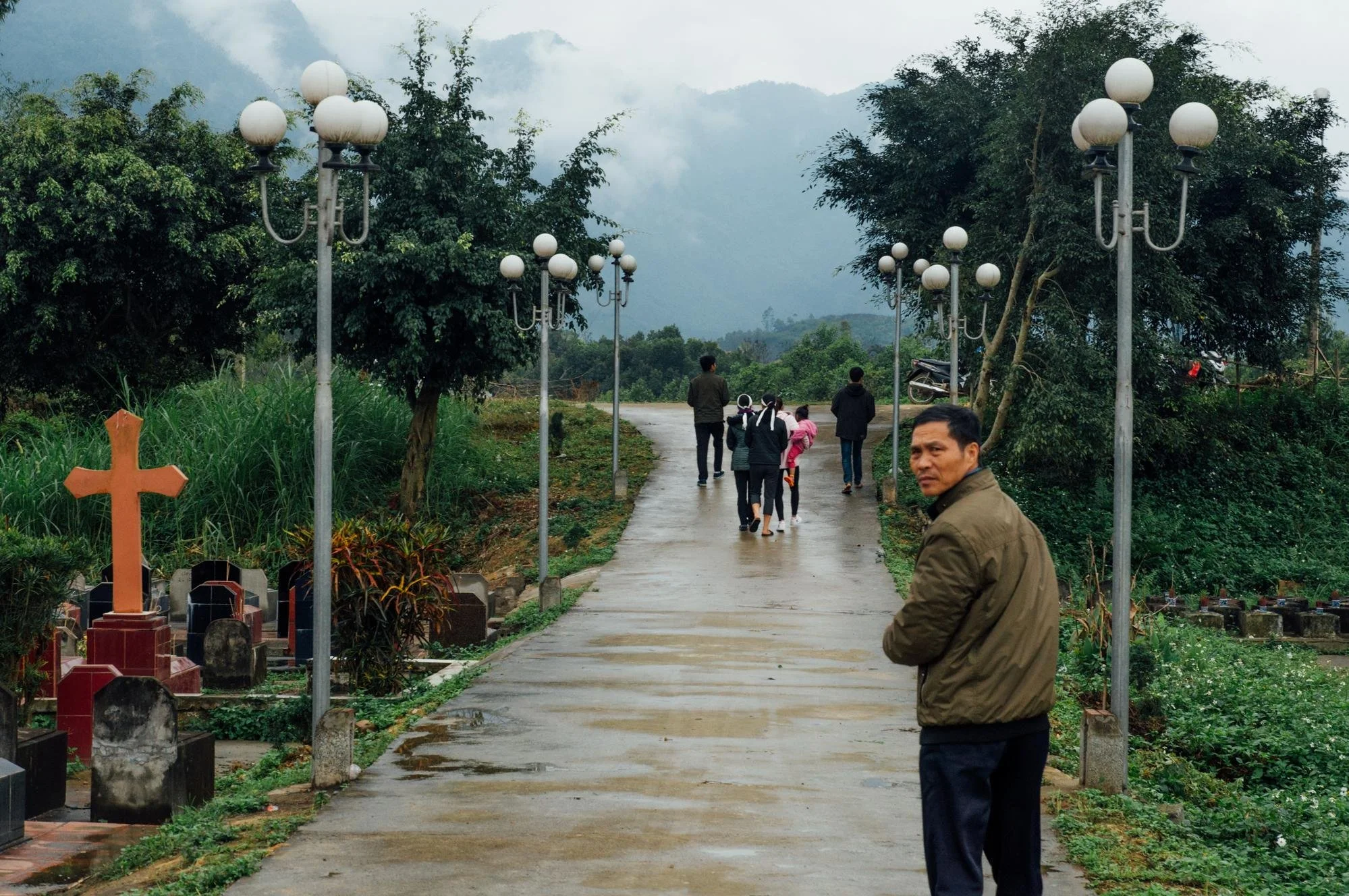In late August 2015, Indonesian fisherman Supriyanto died on a Taiwanese distant water fishing vessel, only three months after setting sail. December 15, 2016, The Reporter published the series “Fraud, Exploitation, and Blood on the High Seas,” tracking this case of “death from illness” which the Pingtung District Prosecutors Office speedily concluded within two months, unveiling the suspected mistreatment on the vessel, and the process of trafficking Indonesian fisherman to Taiwan by the shipowner and an agency. After the Control Yuan’s correction and the press' numerous reports, Pingtung District Prosecutors Office soon relaunched the investigation.
In May 2018, one and a half years after, the investigation showed progress. Under the assistance of labor unions from both Taiwan and Indonesia, a fisherman who worked on the same vessel with Supriyanto arrived in Taiwan and gave testimony in court. The testimony not only helped the prosecutor clarify the situation on board then, but also became one of the few successful callings of a foreign witness in the criminal cases.







